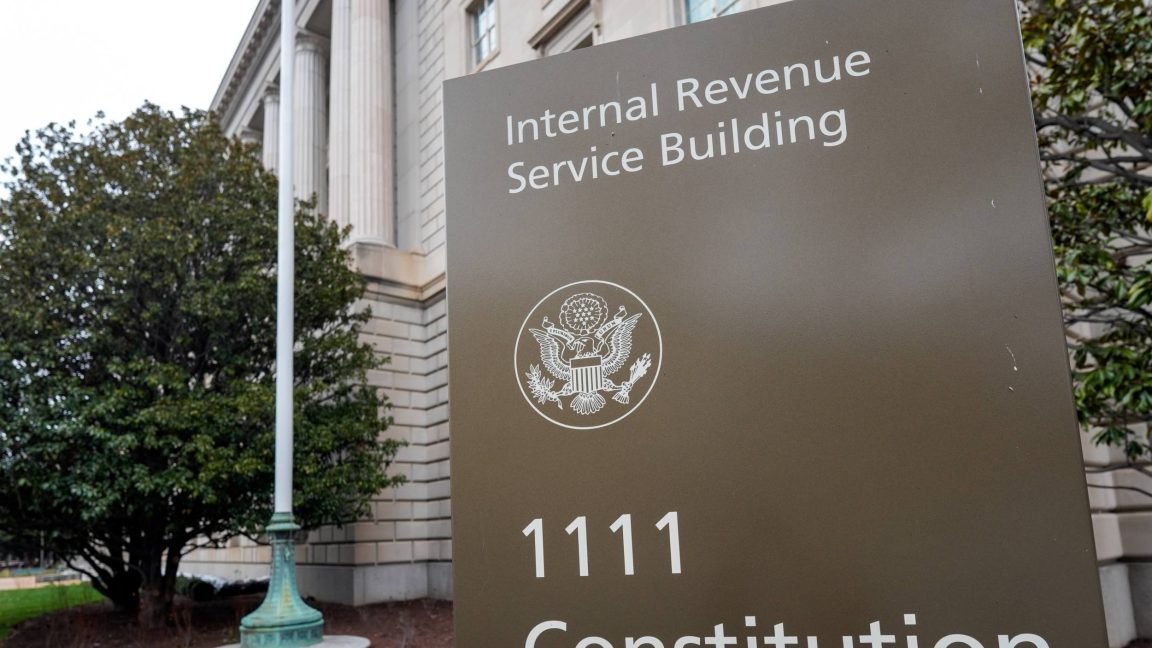
Dodge has already lowered and burned modernization projects in other agencies, replacing small teams and tough timelines. In the Social Security Administration, the DOGE representative is planning to move all data from the agency away from the legacy programming languages like Kobol and to something like Java, Wired had reported last week.
Last Friday, Dodge suddenly kept 50 IRS technologists on administrative departure. On Thursday, even more technicians were cut off, including the Director of CyberScurement Architecture and Implementation, Deputy Chief Information Security Officer, and Acting Director of Security Risk Management. Sources say that IRS Chief Technology Officer, Kishit Pandya, is one of the few technology officials left in the agency.
Multiple IRS sources say that Dodge actually expected the API project will take a year, but that the timeline dramatically has been dramatically short. “This is not only technically possible, it is not a reasonable idea, which will eliminate the IRS,” said a source of IRS employee. “It will potentially endanger the filing season next year, as it is evident that all other systems they are pulling people are important.”
(Corcos also made it clear to IRS employees that it wants to kill the agency’s direct file program, the recently released free tax filing service released by the IRS).
The focus of the Dodge on receiving and transferring sensitive IRS data to the Central View platform has given rise to experts on privacy and civil liberties.
“It is difficult to imagine a far more sensitive data than IRS financial information,” said Avon Greer, director of Fight for Future, a digital civil rights organization.
The Pilotier received the most approval of the feed ramp for its entire product suit last December, including the Plantier Federal Cloud Service (PFCS), which provides the federal agencies to enforce the company’s software platform, such as Gautam and Foundry. Fed RAMP means a Federal Risk and Permission Management Program and evaluates cloud products for security risks before official use.
“We love interruption and what is good for the United States will be good for Americans and great for Planner,” said Alex Carp, CEO of the planner. “At the end of the day, the obstacle exposes things that are not working. There will be fluctuations. This is a revolution, some people are about to cut their heads.”
This story originally appeared Wired dot.
